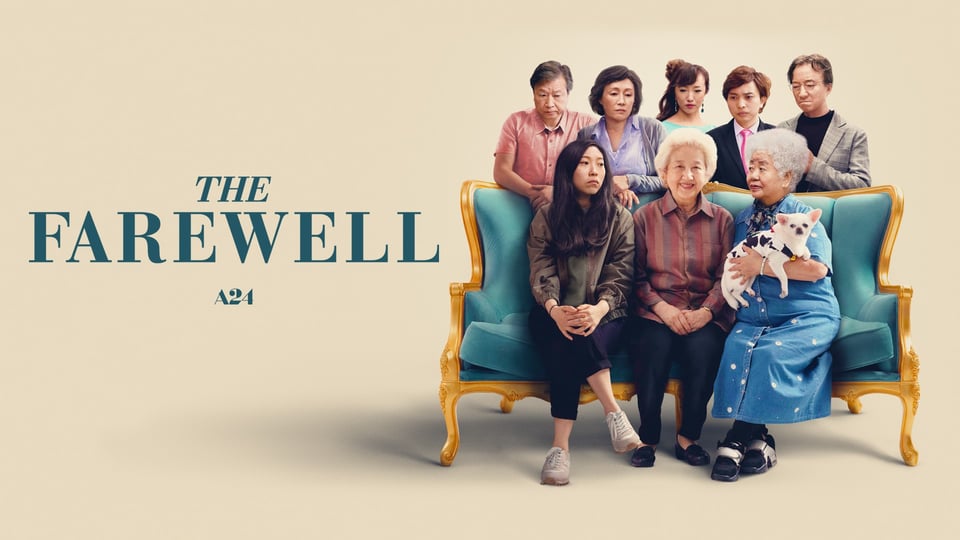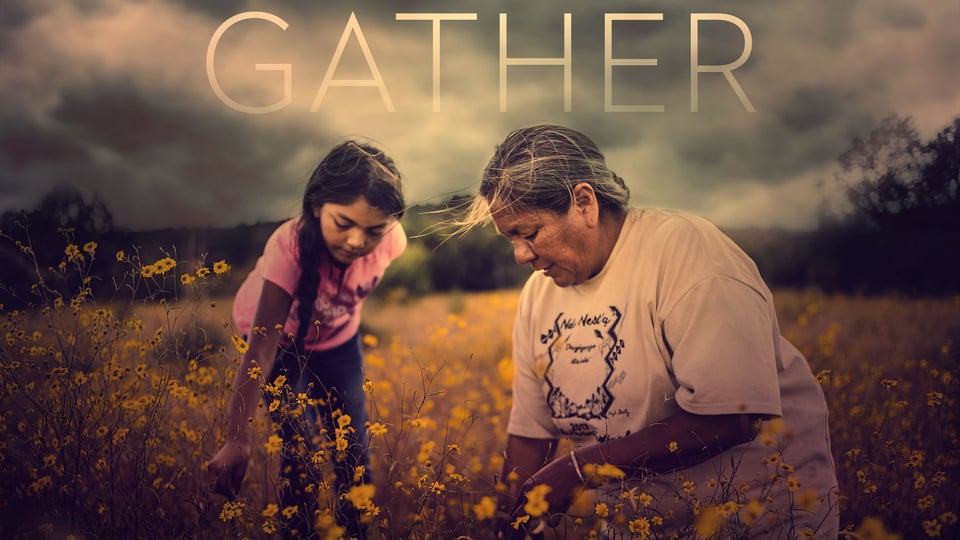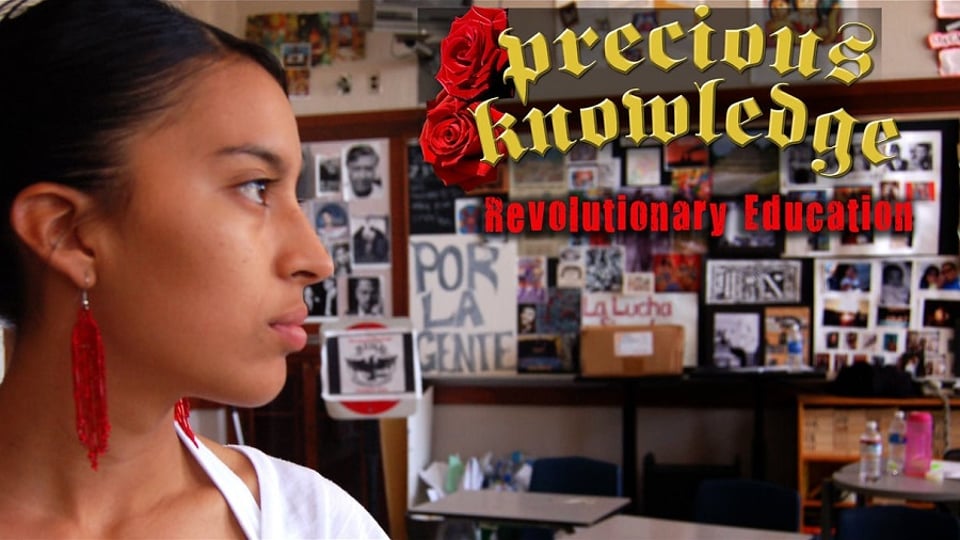
“Learning is a constant encounter with the unknown. We use what we know to try to make sense of what we don’t yet know; building connections, constructing metaphors and analogies, testing our hypotheses against the reality in front of us, telling our stories and seeing if others recognise them. To really learn we have to seek out the challenge, the different, the other, the unknown. We have to stand in a different place and see things from a different perspective. Not always easy, but always educational…So when we translate, we’re not just translating words, we’re translating ideas, perceptions, feelings, a whole culturally shaped perspective. Saying something in another language gives it a whole new meaning and sharpens our grasp of our purpose.
Also, this is not an experience unique to multi-lingual people. In fact every one of us can be multi-lingual and multi-cultural. We speak in different registers with different people and on different occasions, we have different roles in different contexts. We connect and move between different settings and traditions. We are all capable of seeking out the other and taking a different perspective because we each contain our own plural identities and our own different perspectives.”
– Eddie Playfair, Senior Policy Manager at the Association of Colleges, London, UK
International Mother Language Day is an annual global event that takes place on February 21st. Its purpose is to increase awareness of linguistic and cultural diversity and to encourage the development of multilingualism. This virtual display was prepared by the VSCS Libraries in conjunction with VTSU Multilingual Students Services to invite faculty, staff, and students to celebrate linguistic diversity, promote multilingualism, and highlight the rich cultural and linguistic heritage of our community.
To understand more about this celebration and read the multilingual students’ testimonials about their experiences with learning about languages and cultures at VTSU, get access to the newsletter of VTSU Multilingual Student Services here: Celebrating International Mother Language Day 2025.
Take a look at the books and videos we have highlighted below!
All electronic titles are available to read online and our physical titles may be requested for pick-up at a VSCS library or sent to your home.
Corporate culture is critical to any organizational change effort. This book offers a proven model for identifying and leveraging the essential elements of any culture.
This book examines dominant discourses in values education globally. It critiques dominant discourses and debates pertaining to values education and cultural identity, set against the current backdrop of growing social stratification and unequal access to quality education.
In this collection of articles, Geneva Gay invites readers to make educational equity and excellence for all students a reality, not just an ethic or an ideal. Through teaching narratives and pragmatic examples, Gay illustrates that a combination of ideology, ethics, personal commitment, and praxis on the part of educators is essential to achieving equity for underachieving racial and ethnic minority students.
Multilingualism, multiculturalism, and internationalization in higher education is a contemporary reality worldwide. Because of the importance of multilingualism in learning policy, special professional and education training should be provided both to teachers and students. Multilingual education can promote linguistic and cultural diversity, inclusion, and social development.
Higher education institutions (HEIs) are increasingly affected by globalization and internationalization, with implications for language use, teaching and learning in their academic communities. As a consequence, HEIs may change their approach to multilingualism on campus, taking into account language needs as well as opportunities and challenges associated with language diversity. The book aims at discussing aspects for the design of language policies, which could support internationalization and promote multilingualism and participation of different stakeholders.
This book fills a large gap in our understanding of how to prepare teachers for the challenging but increasingly popular task of integrating content and language instruction. It brings together findings on content-based teacher education from Africa, Asia, Australia, Europe and North America in order to inform researchers and teacher educators and enable them to play a critical role in the continued success of such programs.
An introductory Spanish textbook designed specifically for health care professionals.
Edición en español y rimada del libro para primeros lectores de Dr. Seuss acerca de elegir una mascota ¡y lo difícil que es tomar una decisión! A rhymed Spanish edition of Dr. Seuss''s Beginner Book about chosing a pet--and the difficulty of making decisions!
This language learning book introduces the learner to all the basics of the Vietnamese language and teaches practical daily conversations and vocabulary. (Free Companion Online Audio)
An easy approach to learning the most basic kanji encountered in everyday situations in Japan.
This comprehensive set of flash cards is designed for students, travelers and anyone who wants to learn Hindi. (Online Audio Included)
This title opens the door to the German language. The title includes numbers 1 through 20, the alphabet, colors, family, animals, and places words, and common pleasantries.
In the late nineteenth and early twentieth centuries, European settlers from diverse backgrounds transformed Ontario. By 1881, German speakers made up almost ten per cent of the province's population and the German language was spoken in businesses, public schools, churches, and homes. German speakers in Ontario - children, parents, teachers, and religious groups - used their everyday practices and community institutions to claim a space for bilingualism and religious diversity within Canadian society. In The Boundaries of Ethnicity Benjamin Bryce considers what it meant to be German in Ontario between 1880 and 1930.
Chinese culture, to readers of English, is somewhat veiled in mystery. Fundamentals of Chinese Culture (in pinyin, Zhongguo wenhua yaoyi), a classic of great insight and profundity by noted Chinese thinker, educator and social reformist Liang Shuming, takes readers on an intellectual journey into the five-thousand-year-old culture of China, the world's oldest continuous civilization.
Imaging Culture is a sociohistorical study of the meaning, function, and aesthetic significance of photography in Mali, West Africa, from the 1930s to the present. Spanning the dynamic periods of colonialism, national independence, socialism, and democracy, its analysis focuses on the studio and documentary work of professional urban photographers, particularly in the capital city of Bamako and in smaller cities such as Mopti and Ségu.
This tale of great achievements and great disappointments offers a fresh perspective on the interplay between scholarship and political sentiment in the late nineteenth and early twentieth centuries.
Interweaving family stories more enchanting than any novel, resurrected Colombian history, and her own deeply personal reckonings with the bounds of reality, Rojas Contreras writes her way through the incomprehensible and into her inheritance. The result is a luminous testament to the power of storytelling as a healing art and an invitation to embrace the extraordinary.
What is it that unites the European Union as a polity? Why is it necessary to democratise the EU? Can EU politicisation help democratising the EU? Why do EU citizens in referenda seemingly vote against the EU? And how can a European identity develop? To tackle these questions, this book makes a theoretical, conceptual and empirical contribution to the study of EU politicisation, democratisation, identity formation, and the ways these three are related to one another.
This edited volume demonstrates how an educational linguistics approach to inquiry is well positioned to identify, examine, and theorize the language and literacy dimensions of refugee-background learners' experiences.
A selection of films from the library's Kanopy streaming video database.
If you haven't accessed Kanopy before, learn how to set up your account in this FAQ.

1988 - 56 min,
Southerners talk too slowly. New Yorkers are rude. New Englanders don't say much at all. Anybody who lives in the U.S. knows the clichés about how people in the various parts of the country handle the English language. American Tongues is the first documentary to explore the impact of these linguistic attitudes in a fresh and exciting manner.

2019 - 1 hr. 39 min.
In this funny, heartfelt story, Billi’s (Awkwafina) family returns to China under the guise of a fake wedding to stealthily say goodbye to their beloved matriarch—the only person that doesn’t know she only has a few weeks to live.

2020 1 hr. 14 min.
Gather follows the stories of natives on the frontlines of a growing movement to reconnect with spiritual and cultural identities that were devastated by genocide.

2013 2 1 hr. episodes
In I Learn America five resilient immigrant teenagers come together at the International High School at Lafayette and struggle to learn their new land. The International High School is a New York City public school dedicated to serving newly arrived immigrant teenagers, with more than 300 students speaking two-dozen languages from 50 countries.

2015 - 3 hr. 9 min.
Jackson Heights, Queens, New York City is one of the most ethnically and culturally diverse communities in the United States and the world. There are immigrants from every country in South America, Mexico, Bangladesh, Pakistan, Afghanistan, India and China. The people who live in Jackson Heights, in their cultural, racial and ethnic diversity, are representative of the new wave of immigrants to America.

1991 - 56 min.
In 1971, author and film scholar Donald Richie published a poetic travelogue about his explorations of the islands of Japan’s Inland Sea, recording his search for traces of a traditional way of life as well as his own journey of self-discovery. Twenty years later, filmmaker Lucille Carra undertook a parallel trip inspired by Richie’s by-then-classic book, capturing images of hushed beauty and meeting people who still carried on the fading customs that Richie had observed. Interspersed with surprising detours—visits to a Frank Sinatra–loving monk, a leper colony, an ersatz temple of plywood and plaster—and woven together by Richie’s narration as well as a score by celebrated composer Toru Takemitsu, The Inland Sea is an eye-opening voyage and a profound meditation on what it means to be a foreigner.

2008 - 1 hr. 4 min.
Scientists estimate that of 7,000 languages in the world, half will be gone by the end of this century. The Linguists joins David Harrison and Gregory Anderson, scientists racing to document languages on the verge of extinction. In the rugged landscapes of Siberia, India , and Bolivia, the linguists’ resolve is tested by the very forces stifling languages: institutionalized racism and violent economic unrest. David and Greg’s journey takes them deep into the heart of the cultures, knowledge, and communities at stake.

2011 1 hr. 9 min.
Precious Knowledge reports from the frontlines of one of the most contentious battles in public education in recent memory, the fight over Mexican American studies programs in Arizona public schools. The film interweaves the stories of several students enrolled in the Mexican American Studies Program at Tucson High School with interviews with teachers, parents, school officials, and the lawmakers who wish to outlaw the classes.

2016 - 1 hr. 21 min.
Michael Turner struggles with one of medical science’s most baffling and enduring disabilities—he stutters. On the surface, stuttering is syllable repetitions, prolongations, blocks, and various physical tics. But as he illustrates in The Way We Talk, stuttering is like an iceberg, with the major symptoms below the surface. Emotions caused by the disorder— anxiety, depression, denial, and a negative self-image—are rarely confronted in speech therapy or even by people who stutter. Turner explores his own experiences with stuttering and presents the stories of others who are part of the self-help movement within the stuttering community—stories that are relatable to anyone who has experienced feelings of separateness, isolation, or inadequacy in any area their life, and are trying to make the most of who they are.
For the academic year 2024-2025, VTSU has welcomed hundreds of students who are multilingual multicultural, bringing a wealth of linguistic and cultural perspectives to its campuses and programs. Several students study everyday at VTSU in English, their third or fourth language. From French and Spanish to Nepali, Arabic, and Vietnamese, the diverse languages spoken at home by Vermont residents are reflected in the university’s classrooms, fostering an inclusive learning environment where students can share and celebrate their heritage.
At VTSU, multilingualism and multiculturalism are not just valued but actively integrated into academic and community life, preparing students to engage with an increasingly interconnected world. This commitment extends beyond Vermont, as students and faculty contribute to global conversations on language learning, cultural exchange, and international collaboration. By embracing linguistic diversity, VTSU is not only strengthening its own community but also amplifying Vermont voices on a global stage, spreading a passion for cultural understanding and lifelong learning.
If you are a student and want to become a foreign language tutor or learn a foreign language, or if you are interested in ESL learning or study abroad, please contact Dr. Mary Dinh at Mary.Dinh@vermontstate.edu or Carrie Savage at Carrie.Savage@vermontstate.edu.
This work is licensed under CC BY-NC-SA 4.0
